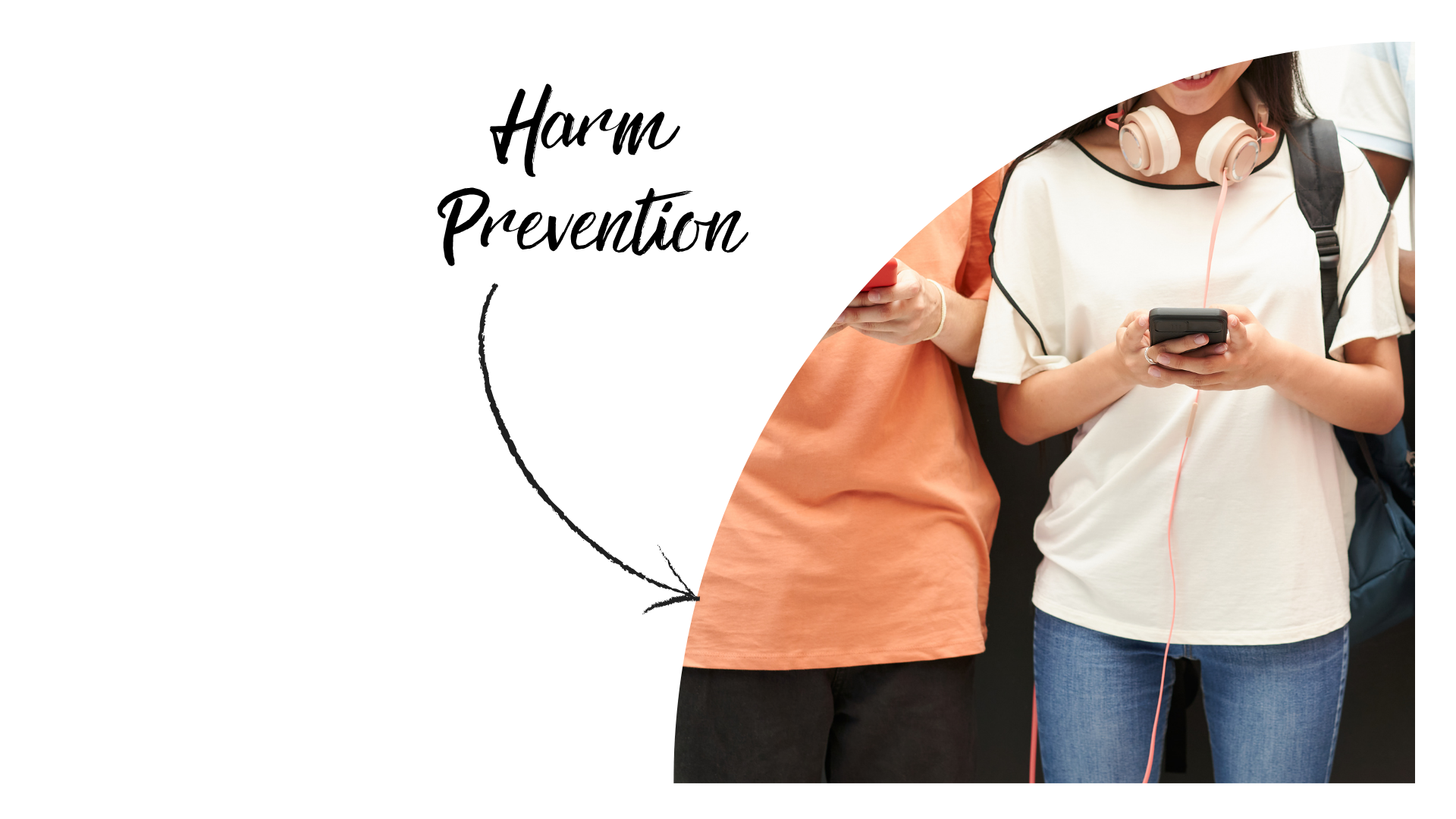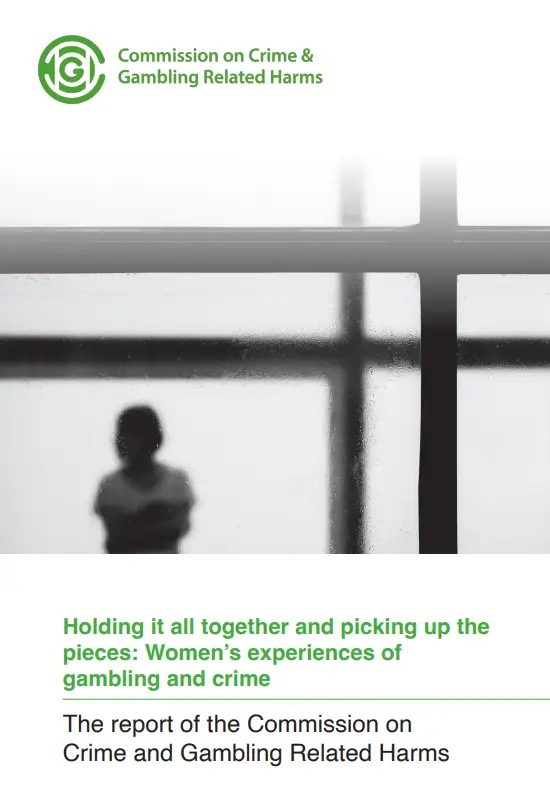

Harm reduction begins with empathy. We apply criminological insight, behavioural science, and lived experience to design interventions that work with, not against, human nature.
We study how people make risky choices and how systems respond. Then we build evidence-based strategies, creative campaigns, and policy recommendations that reduce harm without stigma. Our approach connects the dots between individuals, communities, and institutions to find what actually changes behaviour.



Turning research into drama, and drama into prevention.
The Challenge
University students are a key target for financial crime networks. With limited awareness of the legal and personal consequences, they’re recruited through part-time job ads, online marketplaces, or even social media influencers promising “easy cash.”
Traditional awareness campaigns weren’t landing. Students didn’t see themselves as potential victims, or offenders. To change that, we needed to make the risk visible, relatable, and real.
At Just For Good, we combine research, storytelling, and evaluation to change behaviour at scale.
Whilst working at We Fight Fraud, Dr Harding, funded by Lloyds Banking Group, and the City of London Police, designed a behavioural intervention that fused criminological insight with creative storytelling.
Our research identified key psychological levers, moral neutralisation (“everyone does it”), social proof, and cognitive dissonance, that fuel student participation in money mule activity.
Instead of telling students what not to do, we used narrative to make them feel the moral and practical consequences of getting involved.